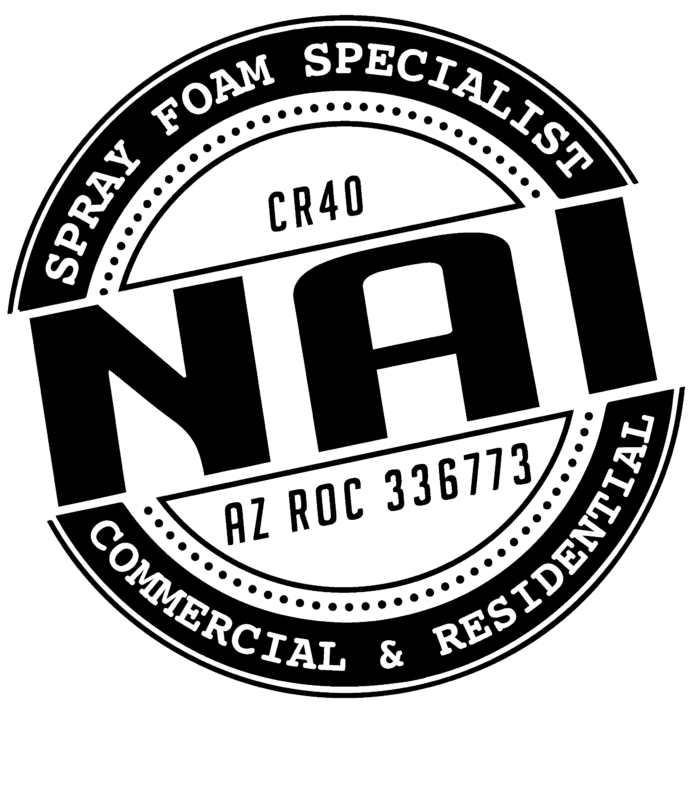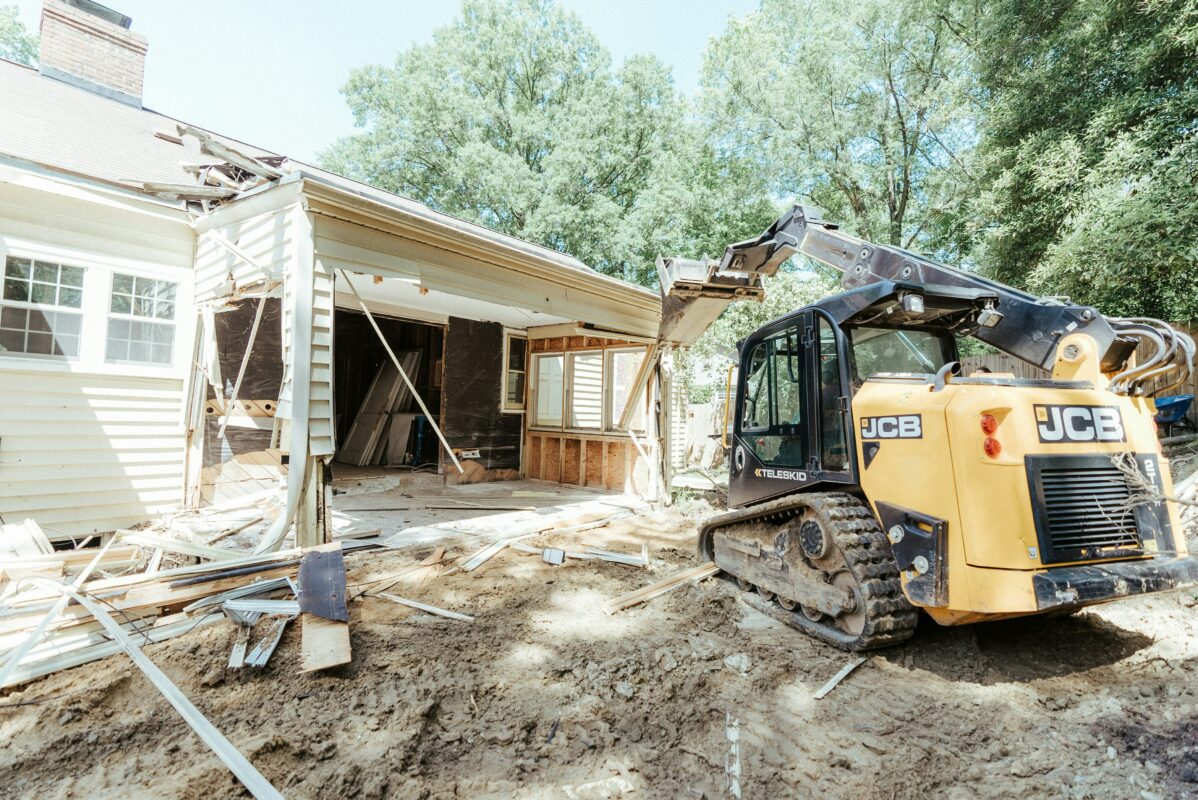Are you tired of unpredictable energy bills and uncomfortable indoor temperatures? The secret to a cozy, efficient home lies in proper insulation—a crucial element often overlooked by homeowners.
Residential insulation contractors not only help optimize your energy consumption but also improve your living environment, ensuring comfort year-round. Here we will dive into the world of residential insulation, its benefits, and how expert contractors can transform your home.
Understanding Residential Insulation
What is Residential Insulation?
Residential insulation is the process of using materials to reduce heat transfer within your home. By minimizing heat loss in winter and heat gain in summer, insulation maintains a consistent indoor temperature, reducing the need for excessive heating or cooling.
Types of Insulation Materials
There are several types of insulation materials available, each with unique properties:
- Fiberglass: Widely used and affordable, fiberglass is effective in trapping air pockets.
- Foam Board: Known for its high insulating value, foam board is a rigid material that provides excellent thermal resistance.
- Spray Foam: Ideal for sealing gaps, spray foam expands upon application, providing an airtight seal.
- Cellulose: Made from recycled paper, cellulose is an eco-friendly option with good thermal performance.
The Role of Insulation Contractors
Insulation contractors are professionals specialized in assessing and installing insulation in homes. They ensure that the right type of insulation is used in the right areas, maximizing efficiency and comfort.
Benefits of Proper Insulation
Reducing Energy Bills
Proper insulation can significantly lower your energy bills by improving your home’s thermal efficiency. With less reliance on heating and cooling systems, you can save money and reduce your carbon footprint.
Enhancing Comfort
A well-insulated home maintains a consistent temperature, creating a more comfortable living space. Say goodbye to cold drafts in winter and sweltering heat in summer.
Noise Reduction
Insulation materials also act as sound barriers, reducing noise pollution from outside and between rooms. This added layer of tranquility makes your home a more peaceful place.
Common Insulation Areas in Homes
Attic Insulation
The attic is one of the most important areas to insulate, as heat rises and can escape through the roof. Attic insulation prevents heat loss, keeping your home warm in winter and cool in summer.
Wall Insulation
Insulating your walls can prevent heat transfer between rooms and from the outside. This is especially important for older homes that may lack adequate insulation.
Floor Insulation
Insulating the floors can stop heat from escaping through the ground, providing additional warmth during colder months. It also helps in reducing noise between floors.
Signs Your Home Needs Better Insulation
High Energy Bills
If you notice a spike in your energy bills, it could be a sign that your home is not well-insulated. Inefficient insulation forces your heating and cooling systems to work harder.
Uneven Temperatures
Experiencing hot or cold spots in your home indicates poor insulation. Proper insulation ensures even temperature distribution throughout your living spaces.
Drafty Rooms
Drafts can be a result of gaps in insulation. If you feel a breeze in certain areas, it’s time to consult a residential insulation contractor.
Choosing the Right Insulation Contractor
Check Credentials
Always verify the credentials of the insulation contractor. Ensure they are licensed, insured, and have a good reputation in the industry.
Read Reviews
Customer reviews and testimonials provide insights into the contractor’s reliability and quality of work. Look for consistent positive feedback and any red flags.
Get Multiple Quotes
Obtain quotes from multiple contractors to compare prices and services. Ensure the quotes include a detailed breakdown of costs.
The Insulation Installation Process
Initial Assessment
The contractor will conduct an initial assessment of your home to identify areas that need insulation. This includes examining your attic, walls, floors, and any existing insulation.
Choosing Materials
Based on the assessment, the contractor will recommend the best insulation materials for your home. They will consider factors such as climate, budget, and your specific needs.
Installation
The installation process varies depending on the type of insulation. For example, spray foam is applied directly to surfaces, while fiberglass batts are fitted between studs. The contractor ensures proper installation for maximum efficiency.
DIY vs Professional Insulation
Pros of DIY Insulation
- Cost Savings: Doing it yourself can save on labor costs.
- Satisfaction: Completing the project yourself can be rewarding.
Cons of DIY Insulation
- Expertise Required: Lack of professional knowledge can lead to improper installation.
- Time-Consuming: DIY projects can take longer to complete, especially for larger homes.
Why Choose Professional Contractors?
- Expert Knowledge: Professionals have the expertise to choose the right materials and install them correctly.
- Efficiency: Contractors complete the job quickly and efficiently, minimizing disruption.
- Long-Term Benefits: Proper installation ensures long-term performance and energy savings.
Cost of Insulation Services
Factors Influencing Cost
Several factors influence the cost of insulation services, including the type of insulation, area size, and labor charges. It’s essential to get detailed quotes to understand the overall cost.
Return on Investment
While the initial cost may seem high, the long-term savings on energy bills and increased home comfort make it a worthwhile investment.
Maintenance and Upkeep
Regular Inspections
Regular inspections ensure your insulation remains effective. Look for signs of damage or wear and address them promptly.
Addressing Issues
If you notice any issues like drafts or rising energy bills, consult your insulation contractor. Timely repairs and upgrades maintain efficiency.
Upgrading Insulation
Over time, upgrading to newer materials or adding additional layers can further enhance your home’s insulation and energy efficiency.
Reach Out to NAI Spray Foam Today
Proper insulation is essential for maintaining a comfortable and cost-effective home. From reducing energy bills to improving overall comfort, there are many benefits to investing in quality insulation services. Whether you choose to tackle it yourself or hire professional contractors, regular maintenance and upgrades can further improve your home’s efficiency.
If you’re ready to transform your living space into a cozy oasis, reach out to NAI Spray Foam today to schedule a consultation and take the first step towards a more comfortable and energy-efficient home. Don’t wait any longer, contact us now!

